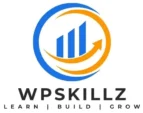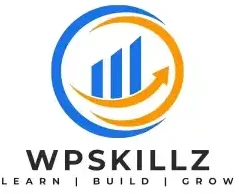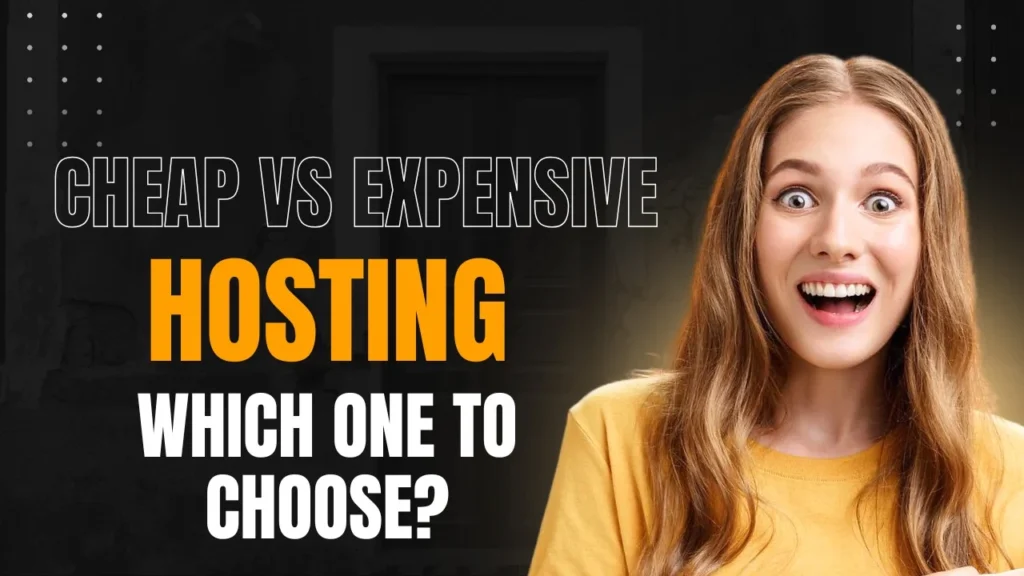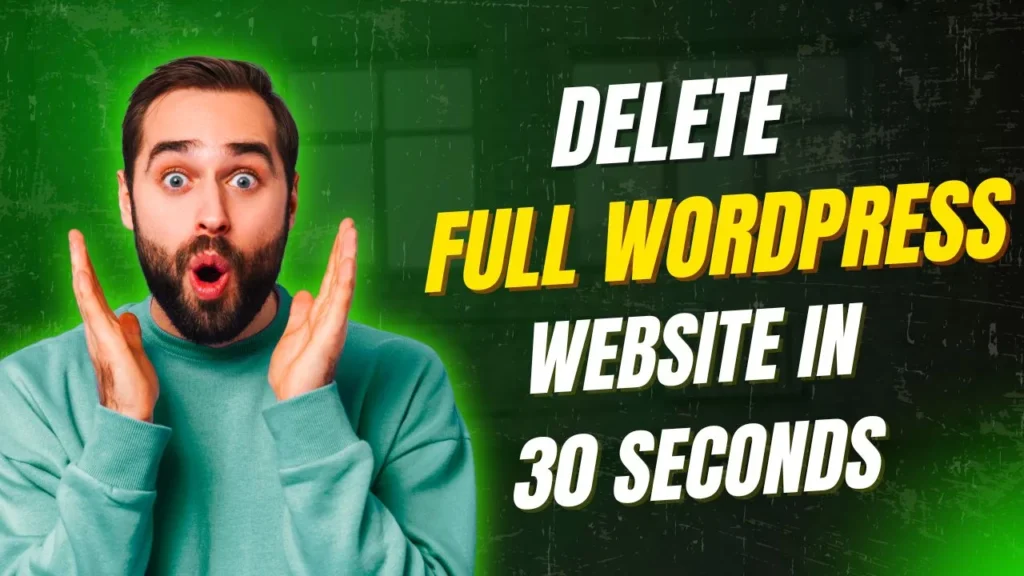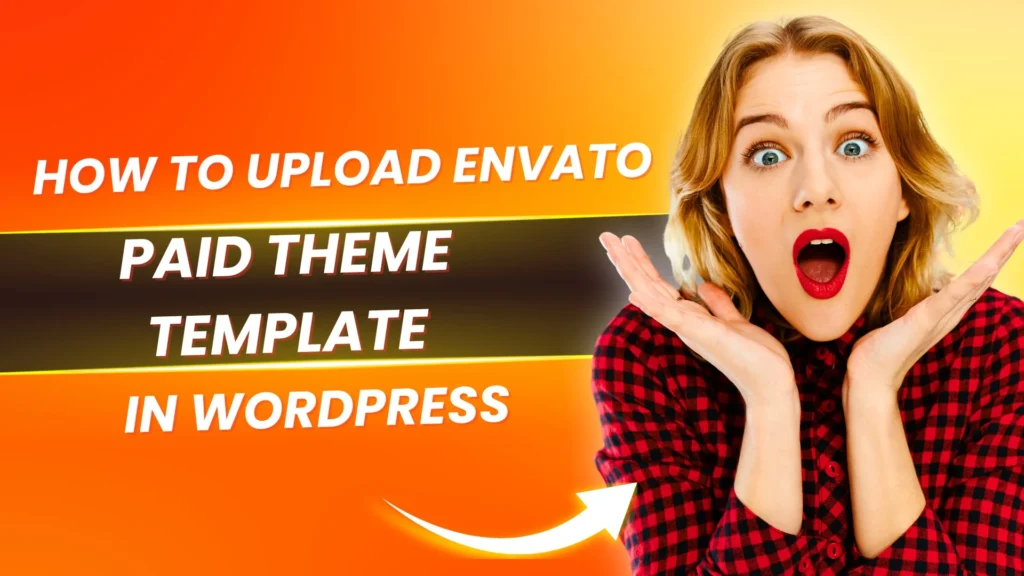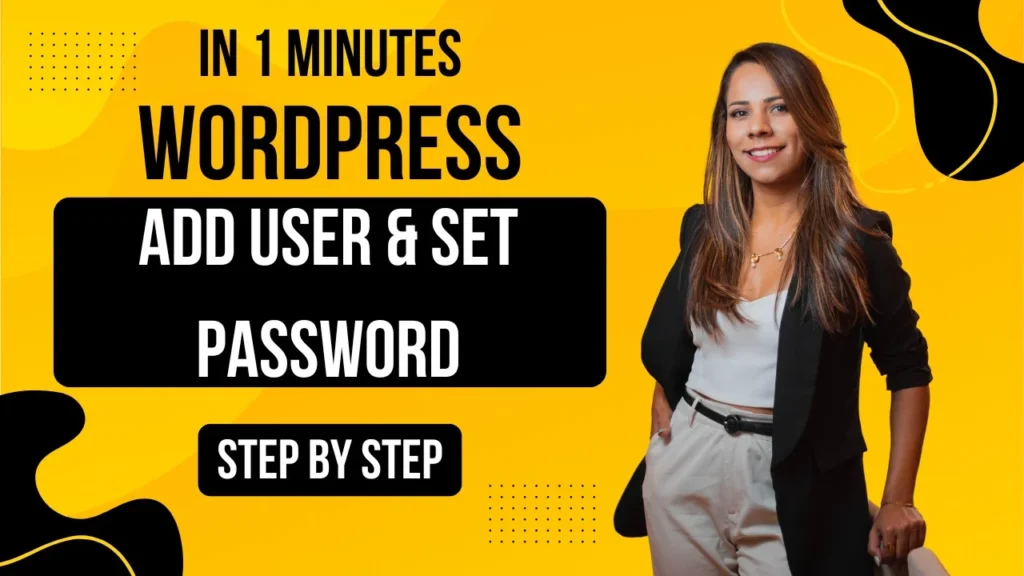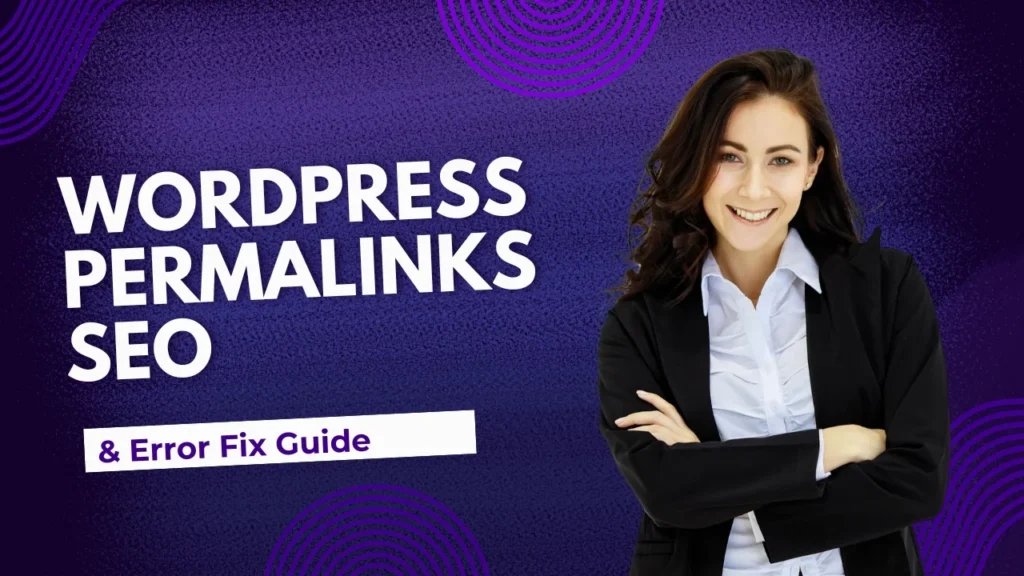Start with WordPress 2025: A Step-by-Step Mentor Guide for Absolute Beginners
Let’s be honest—starting a website can feel like trying to build a house when you don’t even know how to hold a hammer. When I first tried to start with WordPress 2025, the dashboard felt like a cockpit of a spaceship. I was terrified of clicking the wrong button and “breaking” the internet. But here is the secret: WordPress isn’t just for tech geniuses anymore.
As you know, in this article, we are telling you about Start with WordPress 2025, and how we can use it on WordPress, and in the next content, we will tell you about two tools that you can use in WordPress. You can use them through WordPress, and your WordPress website will look very good, responsive, and fast because of this.
In this guide, I’m going to walk you through how to start with WordPress 2025 without the headache. Think of me as your friendly mentor, showing you the shortcuts I wish I knew years ago.

Quick Navigation: What You’ll Learn
- The “Why” Factor: Why WordPress still rules in 2026.
- The Foundation: Hosting, Domains, and Technical Health.
- The Setup: One-click installation and initial settings.
- The Design: Minimalism and Page Builders (Elementor).
- The Pro Toolkit: Using WPSkillz tools for optimization.
Why WordPress Still Rules the Web (And Why You Should Care)
Actually, more than 43% of the web runs on WordPress.org. Whether you are in a small town or a big city, if you want to start with WordPress 2025, you are joining a massive community. Unlike other “easy” builders that trap you in monthly subscriptions, WordPress gives you total freedom. You own your data, your design, and your future.
As a beginner, you might ask: “Can I really manage this?” The answer is yes. With the modern Gutenberg Block Editor, building pages is as simple as dragging and dropping blocks. When you start with WordPress 2025, you don’t need to write a single line of code.
Phase 1: The Foundation (Hosting & Technical Health)
Before you even hit the “Install” button, you need a place for your website to live. This is your hosting. But wait—most people forget the most important part: Technical Health. When you start with WordPress 2025, you need to decide between cheap and expensive hosting based on your traffic goals.
How can you know if your site will look good on all phones?
Before you go live, you need to ensure your site is responsive. I always suggest my students use a Free Website Responsive Checker to see how their layout behaves on different screens. If you start with WordPress 2025 with a broken layout, Google will ignore you.
Does speed really matter?
Yes! If your site takes more than 3 seconds to load, people will leave. Instead of just guessing, you can use a PageSpeed Insights Alternative Tool to keep an eye on your performance. When you start with WordPress 2025, speed should be your priority, not an afterthought.
Phase 2: The Setup – How to Install WordPress Correctly
Now, the fun part. Most hosts now offer a “One-Click” Install WordPress feature. It’s as simple as setting up a Facebook account.
- Log in to your hosting cPanel.
- Find the WordPress icon.
- Click Install and set your admin username.
Expert Tip: Before you start adding content, use a Smart Keyword Idea Generator to find out what people are actually searching for. To start with WordPress 2025 successfully, you need to write about topics that have high search volume.
Phase 3: Designing Your Site with Elementor
Your WordPress website design is your digital storefront. In 2026, the trend is “Minimalism.” I personally love using Elementor because it allows you to create professional headers and footers without any code.
Unique Solution for Content Creators:
If you are designing your site and need high-quality images but hate the backgrounds, don’t waste hours on Photoshop. Use a background remover tool to clean up your product photos. It’s a game-changer when you start with WordPress 2025.
Phase 4: Using WPSkillz Tools to Optimize Your Journey
To truly start with WordPress 2025 like an expert, you need a toolkit. Here is how I use these specific tools:
- Security First: Before you trust any theme, use a malware scanner tool. Safety is non-negotiable.
- Technical Secrets: Want to know what your competitors are using? Use the Website Technology Detector to reveal their CMS secrets.
- Content Integrity: Google is very strict about AI. Use Quillbot or a grammar checker to polish your text before publishing.
Believe it or not, when you start with WordPress 2025, these small tools make the difference between a “hobby blog” and a “professional business.”
Phase 5: Advanced Customization and SEO
To start with WordPress 2025 and actually get traffic, you must understand the basic settings.
- Permalinks: Set your permalink structure to “Post Name” immediately.
- Organization: Learn to use categories and tags to keep your site clean.
- Analysis: Regularly check your site health to start with WordPress 2025 on the right foot.
Hidden Tip: If you ever mess up your settings while you start with WordPress 2025, don’t panic. You can always use a reset plugin to start fresh.
WordPress Introduction Tutorial Step by Step
Here is a simple breakdown to start with WordPress in 2025:
| Step | What to Do | My Tip |
|---|---|---|
| 1 | Choose hosting and domain | Pick reliable hosts like Bluehost, Hostinger, or SiteGround. |
| 2 | Install WordPress | Use the one-click installer. Manual installation isn’t necessary for beginners. |
| 3 | Pick a theme | Lightweight themes like Astra or Kadence are perfect. |
| 4 | Create essential pages | Home, About, Contact, and Blog are enough to start. |
| 5 | Add plugins | Start with SEO, caching, and security plugins only. |
| 6 | Publish content | Focus on useful and engaging posts. |
The Bottom Line
Your journey to start with WordPress 2025 begins with a single click. Don’t wait for the “perfect” moment. The best way to learn is by doing. If you are in a rush, take a crash course to learn the basics in just 5 minutes.
For more professional tips, you can connect with me on LinkedIn or follow our updates on Facebook. When you start with WordPress 2025, you open doors to endless income opportunities.
You can also watch our videos on our YouTube channel or comment on our Facebook page for more help.
FAQs: Common Beginner Doubts
Q: Can I start with WordPress 2025 for free?
The software is free, but you need to pay for a domain and hosting. It is an investment for your brand.
Q: How do I choose a theme to start with WordPress 2025?
Choose a lightweight theme like Astra. Speed is more important than fancy animations.
Q: Where can I get a certificate after learning?
You can take a skill test quiz to get your official certificate after you start with WordPress 2025 and master it!

